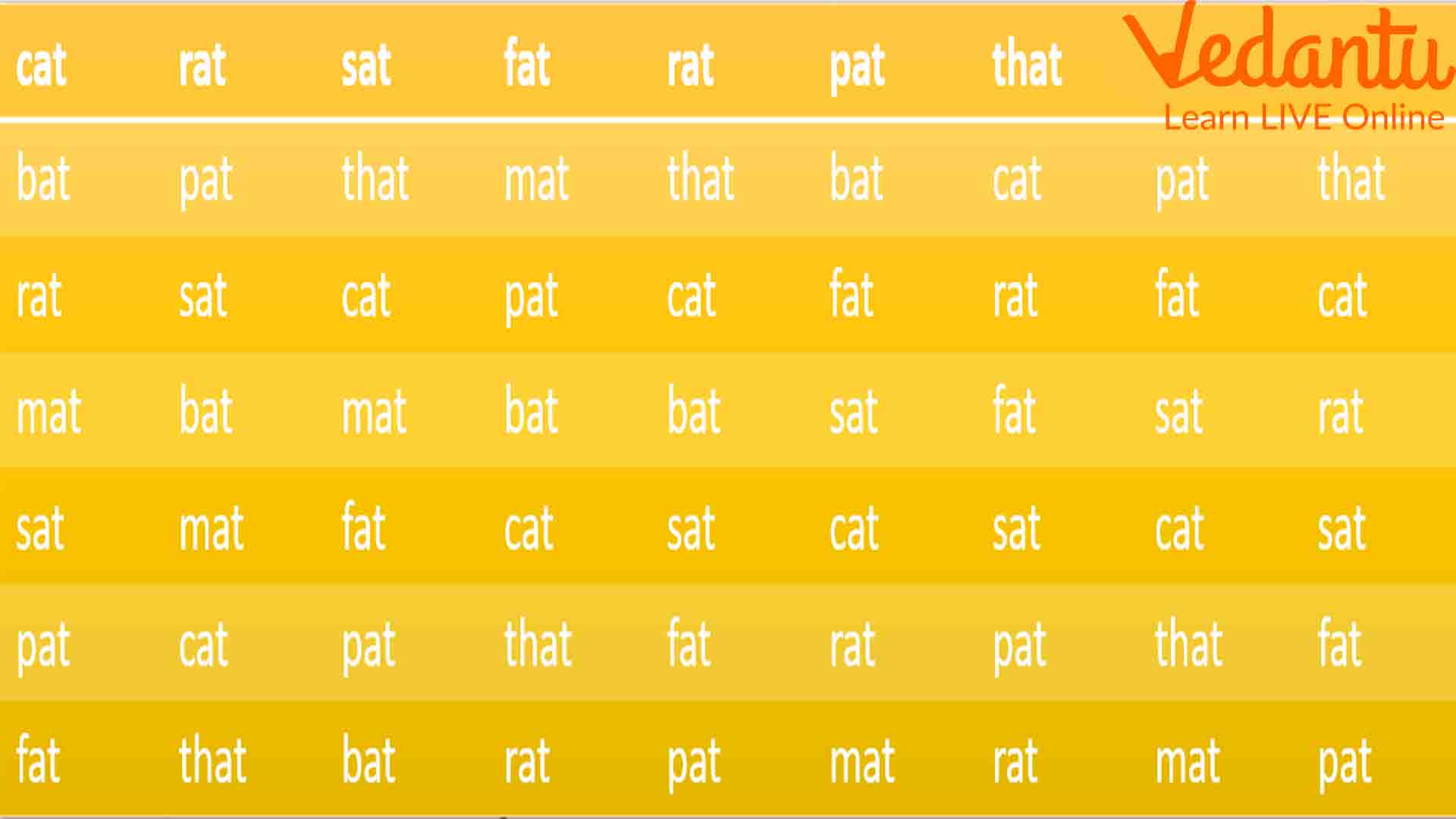How Can You Help the Struggling Readers?
Students often face problems while reading something. It can happen due to various reasons. Some face difficulties in pronouncing words, and others fail to understand alphabets. These problems are pretty challenging, and kids may face a lot of inconveniences if this is not paid attention to at the right time.
However, there are various practical assessment tips for tutoring struggling readers that may help students learn how to read, understand and visualise what they are reading. Though there are several tips you can follow, none of these happens overnight, so having practical experience is necessary.
Tips for Struggling Readers
The best possible way to figure out how you can teach the struggling readers to read is to understand and practice the tips from Mr Don Potter that Dr Gentry has provided. However, there are other practical assessment tips too that you can follow to help the struggling readers understand words and read sentences. We have mentioned those tips below so you can get proper insight on how to help the readers.

Rapid Naming
Rapid Naming
One of the best tips from Dr J. Richard Gentry is a rapid naming assessment. 'Rapid naming' along with phonological awareness is considered the best solution for kids who face struggles while reading.
In this assessment, you can use a list of letters and arrange them properly. So, you can point at some random letters and ask the students to create names using those letters. If they can provide you with the right answer, encourage them to practice more and if they cannot, mark those wrong answers and tell them how they can make them right. Try to observe how long it takes for the students to create the names to understand how much they need to improve. These tips from Dr J. Richard Gentry is one of the easiest methods to teach students how to read.
Handwriting
If you study the tips from Mr Don Potter, an imminent tutor, you can understand that he put pressure on students’ handwriting. You might find it shocking that most students do not have good handwriting skills because of the lack of teaching. But how can it affect a student’s reading skills? Well, it can affect a student’s reading because if they do not have fluency in writing, they will eventually face problems while reading the words.
So, you can observe the students’ style and speed of letter formation to have spelling and reading proficiency.
Spelling
Once the handwriting is taken care of, focus on students’ word-formation capability. This is one of the tips for tutoring reading. Though many institutions do not put pressure on spelling, thinking students can figure them out, in reality, the opposite happens. Spelling is like a puzzle to kids, and it becomes even more so for kids facing a struggle to read.
So, as Mr Potter suggests, you can take spelling tests of the students and count how many they get right and how many they get wrong. When students learn to get the spellings right, you need to understand that their reading capability is growing. Apply this method and help students to overcome one of the biggest challenges kids face these days.
Vocabulary
One of the quick and easy to -do foundational literacy assessments is to focus on the student's knowledge of words. Students who struggle to read often have poor vocabulary skills. It is helpful to teach new words to students along with their meanings. This can help them understand the meaning of unknown words whenever they read something, improving their reading skills.
But how can you help students when it is one of the biggest challenges kids face these days? Well, you can use pictures, mnemonics, etc., to teach them the meaning of new words. However, no one can learn all the words. So, teachers ask them to try to read more books even if they do not understand anything initially so they can end up understanding the context of the sentence and determine the meaning of new words.

How to Check Dictionary
Dictionary
Learning to use a dictionary is one of the most helpful practical assessment tips for tutoring struggling readers. Most kids with reading disabilities do not know how to use a dictionary. It might sound unimportant but using a dictionary helps kids to learn about alphabetical order.
To understand if kids know about the alphabetical order, ask them to look up a few words in the dictionary and set them in ABC order. Kids with little knowledge will find it difficult. So, teach kids how to check the meaning of words in a dictionary and have those meanings written down to expand knowledge.
No Guessing
One of the tips for tutoring reading is to let the students read all the alphabet rather than guessing the word. Though some balanced literacy or reading programs put pressure on guessing the words rather than reading the alphabet, Dr J. Richard Gentry suggests otherwise. According to him, looking at every letter or syllable chunk assists kids decode the words, helping them to make their vocabulary stronger. According to him, this is how the alphabet system works.
Thinking Strategy
Building the kids’ thinking strategy is one of the quick and easy-to-do foundational literacy assessments. It is important because even when students learn how to read, they cannot visualise the important details of the text. To help the students become better readers, ask them to develop questions regarding whatever they are reading, predict what can happen next or discuss the text once the reading session is over. It helps the students to think aloud, providing an opportunity for them to become better readers.
Conclusion
Reading disability, though not paid attention to sometimes, can be a setback in a student’s life. Since reading is the root cause of writing and memorising, this can become a big issue with time. But do not worry! There are plenty of ways through which you can help your students to become better readers. You can follow the methods we have mentioned or try something independently.







